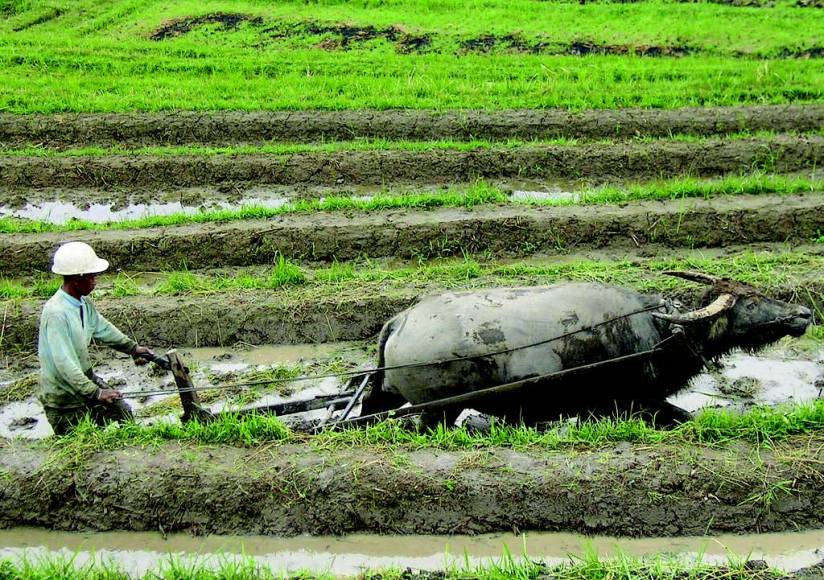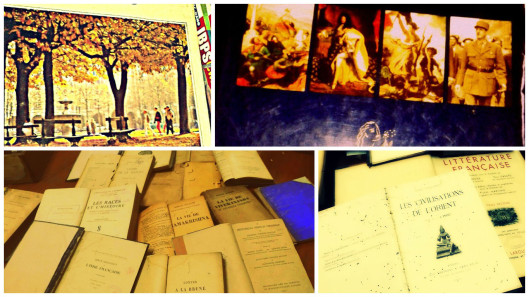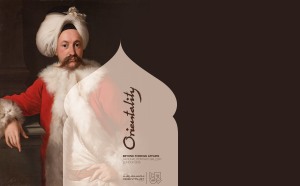At Saarland University, 21st to 23rd April 2016
Organizers:
The Dept. of Ancient History, and Transcultural Anglophone Studies
Saarland University, Saarbruecken, Germany
Game playing can be numbered among the most fundamental social activities that human beings engage in. This fact has to do with the dual nature of games. As reflections of the real world in which the players live, games allow players to enter a simulacra in which certain rules apply and where a set goal is to be reached; as virtual worlds in their own right they invite players to sojourn in unique spaces for certain lengths of time in order to succeed at a certain task before returning to the drabness of quotidian reality. Role-playing in conjunction with the aim of achieving a consensual goal has thus formed part of the magnetism of game playing that has, moreover, lost none of its attractiveness from the earliest of times to the present day. The “Games of Empire” form a sub-set of games in general in that the simulacra that they offer derives from the specific form of colonial/imperial domination currently being practiced, while their virtual worlds aspects allow for, or even encourage, alternative models of domination. Of the games belonging to this group, Board Games are especially complex in that they seek to represent both worlds in a tightly-regimented form, the board, understood to be a marked area in which the game is played using figures, stones or other materials, in order to allow the imagination of the players as much freedom as possible to move – within the board’s boundaries. As is to be expected, the rules for Board Games change with the passage of time as also with the particular political culture in which they are played. It is on account of these factors that Games of Empire present an especially fruitful field of historical, cultural, and transcultural research. This field of inquiry opens itself up to dialectical investigation of the intersections that obtain not only between the changing parameters of virtual models of domination and subjugation, but also between the positions of domination and power as explorable in the playing of the game. It is these variations in the types of games and the ways in which they have been played over historical time and geographical space that is of concern for research in the typology of Board Games of Empire as envisaged by our conference. Some of the topics that are worth exploring further are:
– The Function of Empire Games: What have the aims of these games been?
– Matters of Representation: The manner in which an Empire / different Empires have sought to represent itself / themselves in Board Games – Comparative Approaches: Comparisons of one or more Board Games characteristically of two or more Empires
– Historical Perspectives: The historically determined variants of an Imperial / transcultural Board Game
– Geographical Dissemination: The regional differences that can be found within an Imperial / transcultural Board Game
– Global Dimensions of Empire Games: Which game/s have been transposed, to which cultural areas, and why?
– Global Dimensions of Empire Games: Which game/s have been re-contextualized, in which non-Empire settings, and why?
We welcome contributions in German and English from anyone working in the Humanities who might be interested in the general theme of our interdisciplinary conference. Continue reading →


